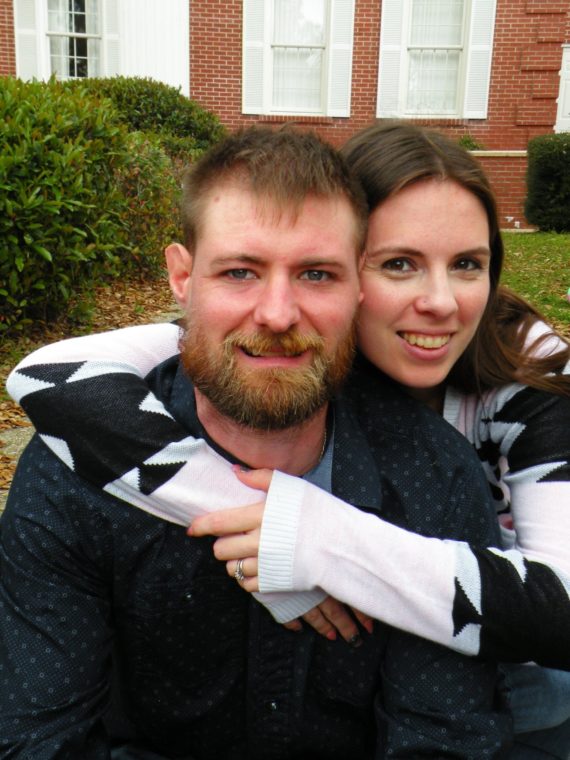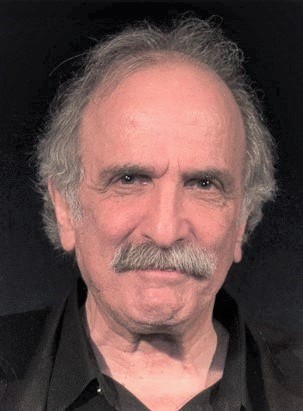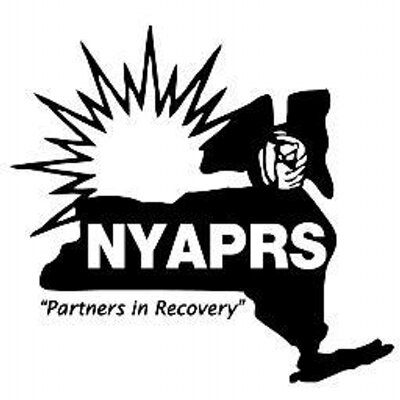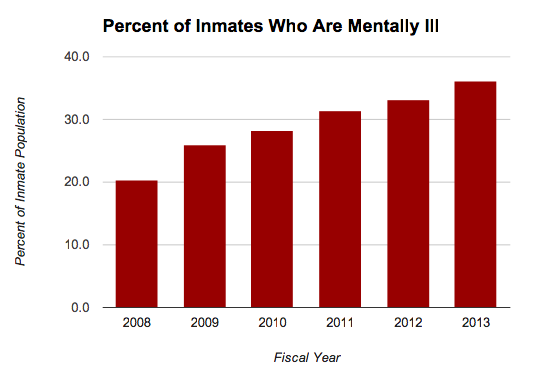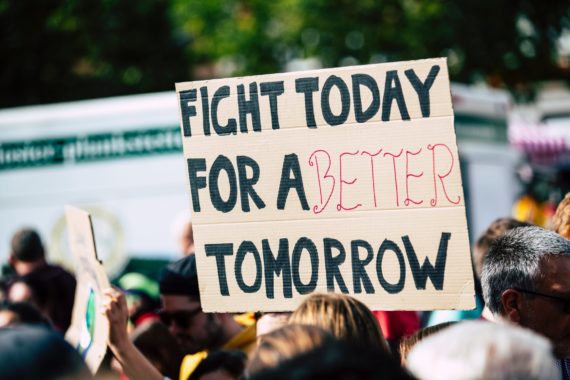
Photo courtesy of Pixabay
(7-20-20) In a blog last week, Genevieve Johnson, wrote about how she called the police when her husband, Bryan, was experiencing a mental health crisis. He attempted “suicide by cop” and ended up being arrested. From his jail cell, Bryan now describes the incident from his vantage point. Today’s blog is one of a series of blogs about the need to shift responsibility for individuals in crisis away from the police back to social service and the medical community. As always, I welcome your comments on my Facebook page.
Hospital Bed, Yet Jail Cell Instead
Guest blog by Bryan Johnson, currently an inmate in a Florida jail
“Pull your guns out!” I yell to the officers as I emerge from the kitchen into the dining room where they are standing.
I violently wake up and roll over to see the metal bars in front of me; concrete walls all around. I come to the realization that the nightmare is not yet over, it has just begun.
I’m serving 18 months in prison, all because I was suicidal and charged with not just one felony, but three. I have no previous convictions nor rap sheet to speak of. This is my first-time doing jail time and I don’t understand why this happened to a man who simply wanted to die.
